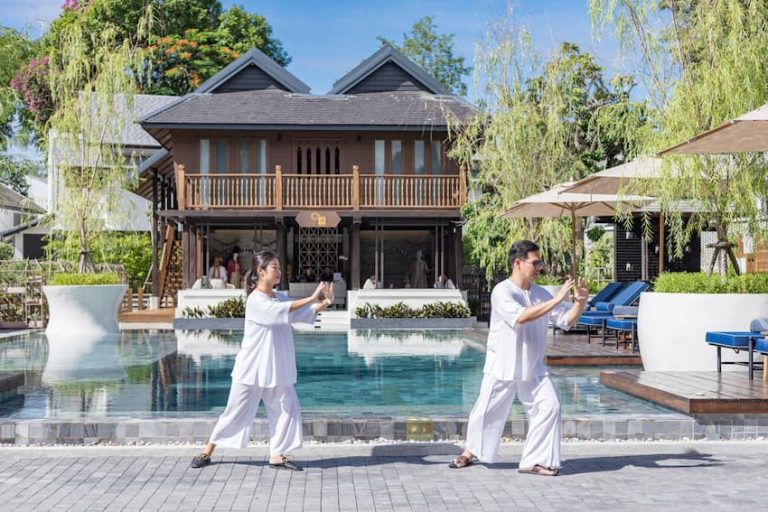When we are children, we hate being told it’s time to sleep. When we are adults, some folks boast that they don’t need much while others long for more.
In reality, sleep is just as important as eating and regular physical activity. Short changing yourself on sleep can have serious consequences beyond reduced mental alertness; chronic lack of sleep is also associated with dementia, obesity, heart disease and T2D.
So what is a good night’s sleep?
The research varies with short sleep (not enough) generally being defined as less than six to seven hours per night and optimal sleep usually outlined as between seven to eight hours per night.
Although some people believe waking up during the night ‘ruins’ the quality of the rest, sleep experts maintain it is common for most people to wake up and then nod off again; so don’t lose sleep worrying about occasionally waking up during the night.
How could sleep possibly impact T2D?
Being tired often increases the feeling of hunger and stimulates a desire for high-calorie, high-carb foods (i.e. junk food), and triggers the stress hormones which prompt the body to hang onto fat and /or increase blood sugar levels.
Another problem is that a ‘tired’ body is less efficient than a well rested body. Numerous studies show that both quality and quantity of sleep impacts the body’s ability to clear glucose from the blood stream.
One study found that short sleepers had to secrete 50% more insulin than normal sleepers to achieve similar glucose results while another study compared the results of individuals when they were both sleep deprived and well rested; the lack of sleep slowing the glucose clearing process by 40%.
A European study concluded:
“Quantity and quality of sleep consistently and significantly predict the risk of the development of type 2 diabetes.”
Interestingly, too much sleep (i.e. greater than eight to nine hours p/ night) also seems to be a trigger for T2D; researchers are still trying to determine why.
Ensuring a good night’s sleep
As discussed in the When to Eat article, eating your bigger meals earlier in the day and not eating after 20:00 will help your weight and blood glucose management while also avoiding a night of tossing and turning because of a full tummy and / or indigestion. On a similar note, avoid spicy and highly acidic foods at dinner as both are common causes of heartburn and that can ruin a good night’s sleep.
Other things to avoid consuming in the hours before bed are caffeine, nicotine and alcohol. While the first two may not be surprising since they are stimulants, alcohol interferes with your sleep later in the sleep cycle and will likely cause you to wake up often and earlier.
It is important that your bedroom is a quiet, relaxing, peaceful area; no TV, phones or devices! It’s well documented that the blue light from our digital devices, including TVs, interferes with the body’s release of the hormone melatonin which makes us feel sleepy. A lack of melatonin can lead to poor sleep.
Equally important as your resting environment is routine; go to sleep at the same time every night, including weekends, and get up at the same time every day. Having a different routine on different days throws off your natural sleep rhythms and leads to lower quality sleep.
Although daytime exercise is associated with better sleep quality, a vigorous workout before bed will likely keep you awake rather than inducing sleep. Better options before bed are a quiet walk, breathing techniques or meditation.
Ready for some Zzzzzz?!
The best way to unwind and reset your sleeping schedule is a tranquil holiday by the sea!
Ayurah Wellness Centres are perfectly located on relaxing beaches blending sun, sand and serenity so that you can forget about the ‘noise’ of the world and focus on your wellbeing.
You will learn how to clear your mind of negative thoughts and mentally take yourself to a calm, restful place under the guidance of our mindfulness team.
Further relief comes at the hands of our spa team who will soothe away your aches and stress.
You’ll also have the option to experience the ancient healing technique of sound therapy using Tibetan Singing Bowls, promoting deep relaxation on both sides of the brain and throughout the entire body.
Then our team of sleep experts will consult with you to asses your current overall health and sleeping patterns before helping you develop an optimum plan to achieve better sleep; ensuring the quality and quantity that your body and mind need.
Collectively, the Ayurah Wellness team will work with you on your journey towards a lifetime of health and happiness.
Related Articles
- Ayurah & You; Reversing the Trend of Type 2 Diabetes
- Understanding Carbs and Type 2 Diabetes
- Stress & Type 2 Diabetes
- What to Eat & Type 2 Diabetes
- Physical Activity & Type 2 Diabetes
AYURAH SPA & WELLNESS CENTRE
33 Moo 5, Khok Kloi,
Takua Thung, Phang Nga
82140 Thailand
T: +66 (0) 76 580 339
AYURAH SPA & WELLNESS CENTRE
183 Moo 4, Pak Nam Pran,
Pranburi, Hua Hin
77220 Thailand
T: +66 (0) 32 618 300












